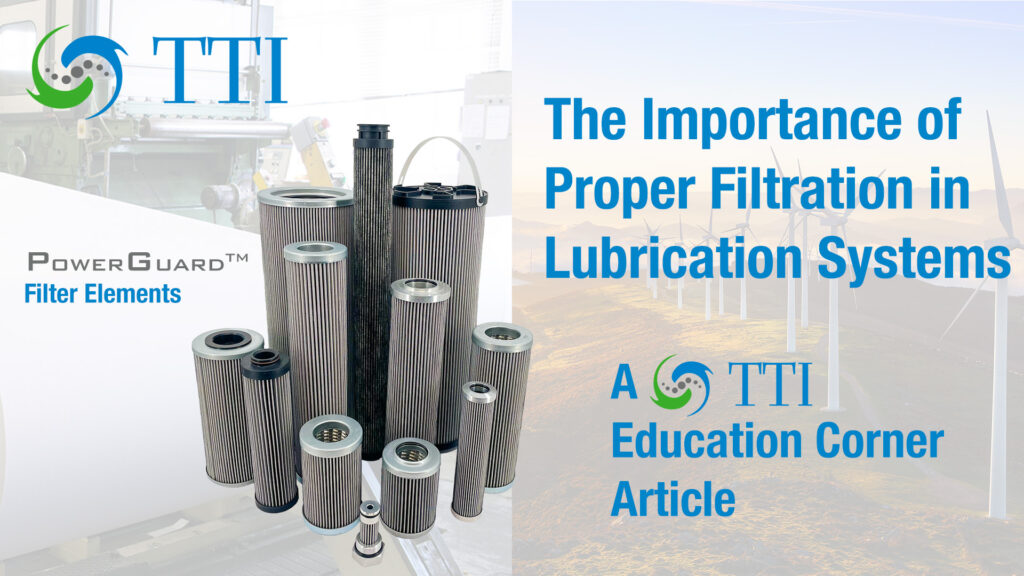
Lubrication systems play a crucial role in the proper functioning of machinery and equipment, and it’s important to ensure that they’re operating at peak efficiency. One of the key components of a well-functioning lubrication system is proper filtration. This article will explore why filtration is so important and what to look for when choosing a filtration system.
What is Filtration in Lubrication Systems?
Filtration in lubrication systems refers to the process of removing contaminants
from the oil that circulates through the system. Contaminants can come in many forms, including particles of metal and other materials, moisture, and even air. These contaminants can cause significant damage to the system and can negatively impact its performance.
Proper filtration is important for several reasons, including:
1. Longevity of machinery and equipment: Contaminants can cause significant wear and tear on machinery and equipment, leading to costly repairs and downtime. Proper filtration helps to extend the life of the system by removing these contaminants before they can cause damage.
2. Improved system performance: Contaminants can cause a range of performance issues, including increased friction and heat buildup, decreased efficiency, and decreased reliability. Proper filtration helps to ensure that the system is operating at its best, reducing the risk of performance issues and downtime.
3. Increased efficiency: By removing contaminants, filtration can help to reduce friction and heat buildup, which can increase the efficiency of the system. This increased efficiency can lead to lower energy costs and increased production.
4. Enhanced safety: Contaminants can also pose a safety risk, particularly if they cause the system to fail. Proper filtration helps to reduce the risk of failure and enhances the overall safety of the system.
What to Look for in Your Filter Elements
When choosing a filter elements for your lubrication system, it’s important to look for several key features, including:
1. High filtration efficiency: Choose filter elements that are capable of removing contaminants effectively. Look for filter elements that have a high filtration efficiency, meaning that it removes the majority of contaminants.
2. Low pressure drop: Pressure drop refers to the amount of pressure that is lost as oil passes through the filter. A high pressure drop can lead to decreased performance and increased energy costs. Look for a filter elements with the best pressure drop to ensure that the system is operating at its best.
3. Durability: The filter elements should be durable and able to withstand the harsh conditions of the lubrication system. Look for filter elements made from high-quality materials that are built to last.
4. Easy maintenance: The filter elements should be easy to maintain, allowing you to quickly and easily replace them as needed. Try to use filter element housings that are easy to disassemble and reassemble.
In conclusion, proper filtration elements are an essential component of a well- functioning lubrication system. By removing contaminants and improving system performance, filtration elements help to extend the life of machinery and equipment, increase efficiency, and decrease unexpected downtime. When choosing a filtration elements, look for ones that offer high filtration efficiency, low pressure drop, durability, and easy maintenance. By doing so, you can ensure that your lubrication system is operating at its best, providing reliable and efficient performance for years to come.